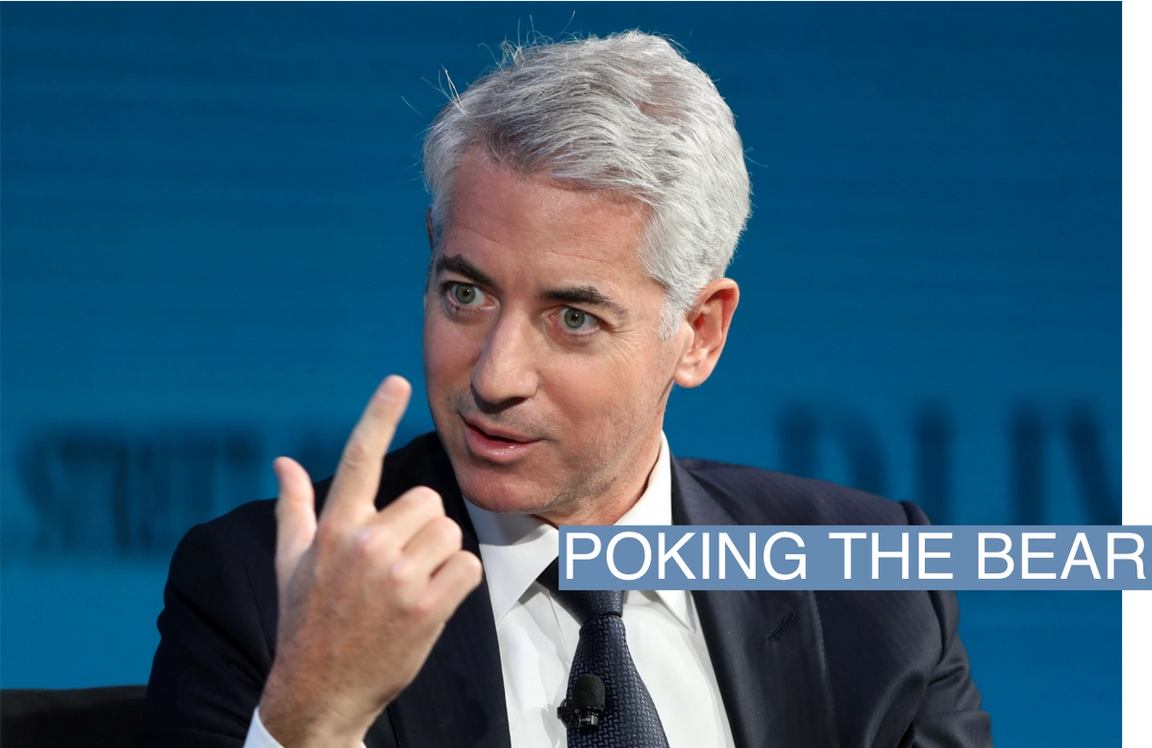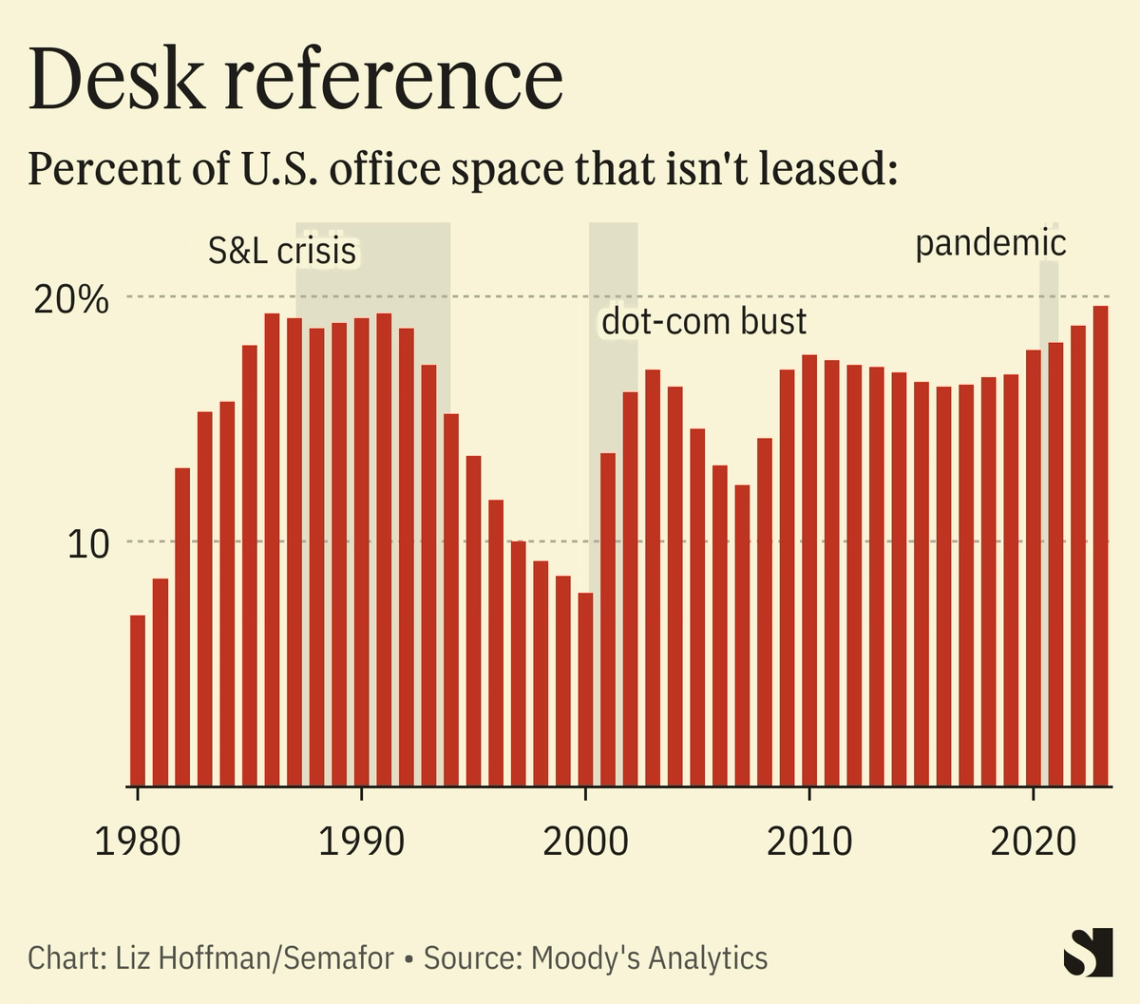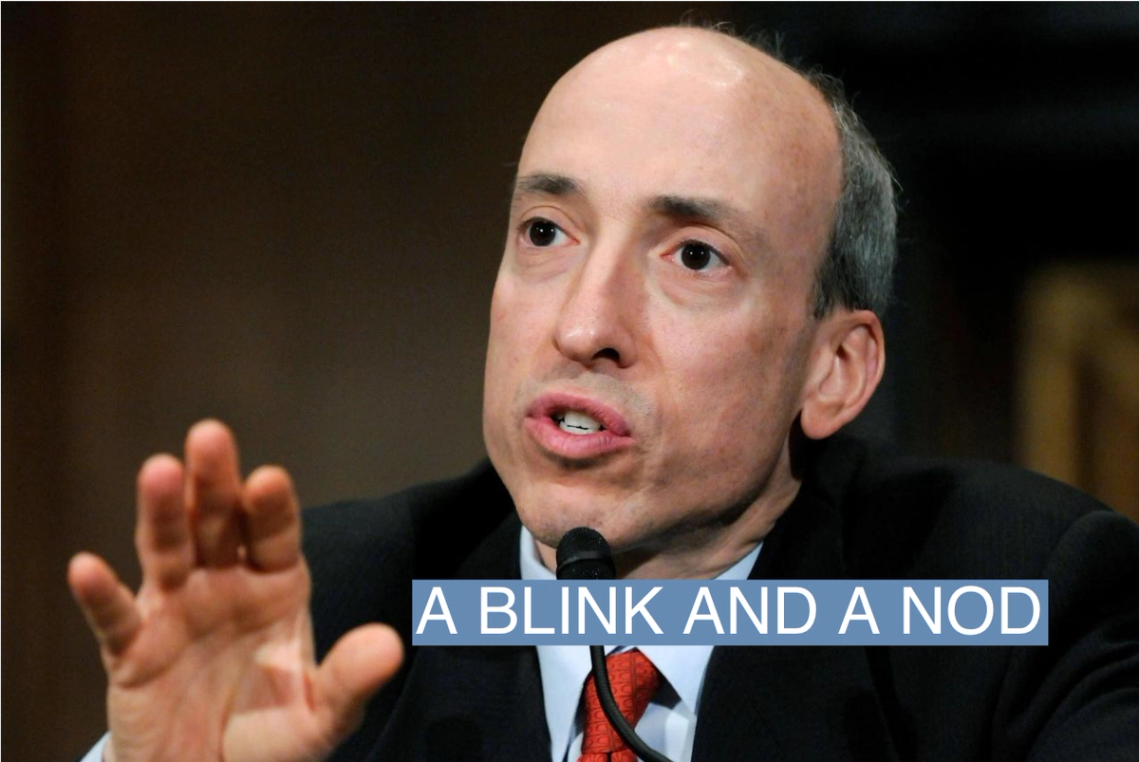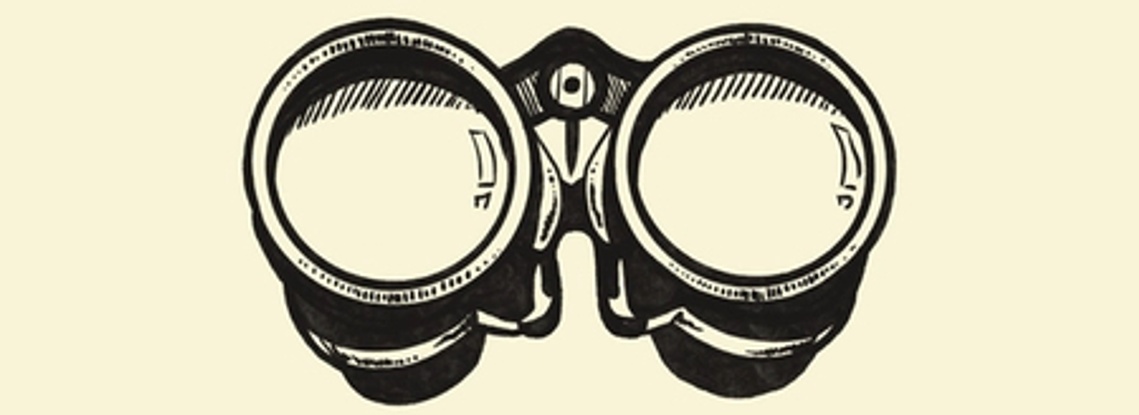THE NEWS Bill Ackman’s escalating fight with Harvard and, now Business Insider, has followed the arc of his least successful Wall Street crusades: It got personal. A quick recap: Ackman was the loudest member of a chorus of critics that ultimately got Harvard’s president fired, principally over her handling of antisemitism on campus but proximately because she appears to have plagiarized some of her academic work. Then Business Insider found what it described as instances of plagiarism in papers written by Ackman’s wife, Neri Oxman, a celebrity artist and former MIT professor. Ackman has questioned the publication’s motivations and lobbied a board member of its owner, Axel Springer, to retract the story. Since December, Ackman has written some 30,000 words on X about all this. He’s turned his attention to MIT, whose entire faculty he says he’s reviewing for instances of plagiarism.  Reuters/Mike Blake Reuters/Mike BlakeLIZ’S VIEW To understand what’s happening here, you have to understand Bill Ackman. I wrote about this a bit in my book, which I’ll just quote here in full lest I get dragged into the plagiarism wars: When he lost a battle for control of Target Corp.’s board in 2009, he teared up as he quoted John F. Kennedy. “We will pay any price, bear any burden, meet any hardship,” he told a roomful of Target shareholders. The episode burnished his reputation for pouring his emotions and ego, not just his money, into his ideas. Critics would say it blinded him to reality and caused him to hold on to losing bets longer than was wise. In his yearslong campaign against Herbalife, which Ackman had accused of running a scam that preyed on Hispanic immigrants, he choked up talking about his immigrant grandfather and vowed to take his fight “to the ends of the earth.” Ackman was clearly right: Herbalife later admitted that its reps were making more money by recruiting others than by selling products, a hallmark of pyramid schemes. But his old nemesis, Carl Icahn, propped up the company’s stock price out of spite and Ackman finally bailed in 2019, having lost nearly $1 billion. In 2020, Ackman rightly called out SPACs for enriching executives at the expense of shareholders and launched his own with a much fairer structure. He then spent a year pursuing a deal that was overly complicated and, in regulators’ view, illegal. He returned $4 billion of shareholders’ money with nothing to show for it. His famous “hell is coming” pandemic television appearance was the same thing: a correct thesis — that investors were dramatically misreading the risks of Covid — tinged with a savior complex. He made billions of dollars on the trade, but spent weeks trying to dispel conspiracy theories that he had tanked the market on purpose. Amplifying Ackman’s instincts is X, now an amen chorus for his center-right politics. “People are desperately interested in the truth,” he posted recently. “I think that best explains why I have followers.” That is not, sadly, exactly how it works. Ackman is often quite good at diagnosing the problem. And he has a point here worth debating — whether American institutions (universities, government, boardrooms) have overcorrected on diversity efforts. But he’s a flawed messenger, hampered by personal zeal and a tendency to be too clever by half. I’m surprised Icahn hasn’t endowed a Claudine Gay chair for diversity studies at Harvard by now. Read how student newspapers have covered the drama at their schools. → |
| 





